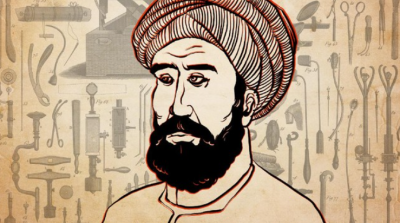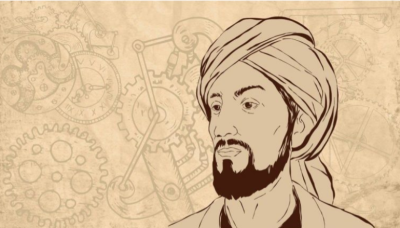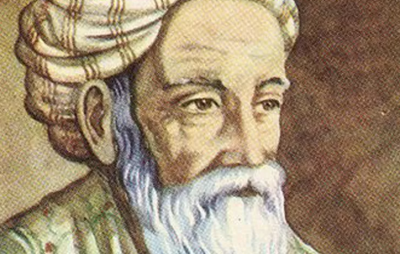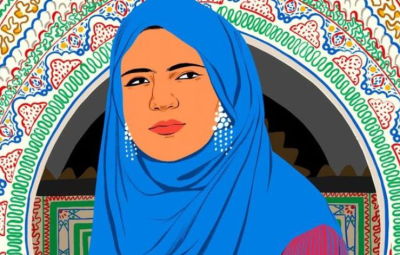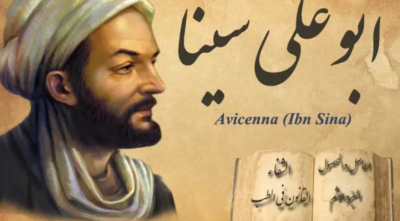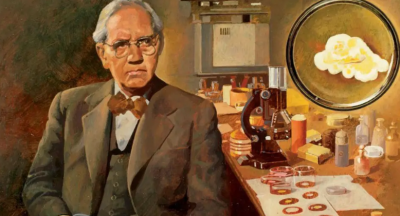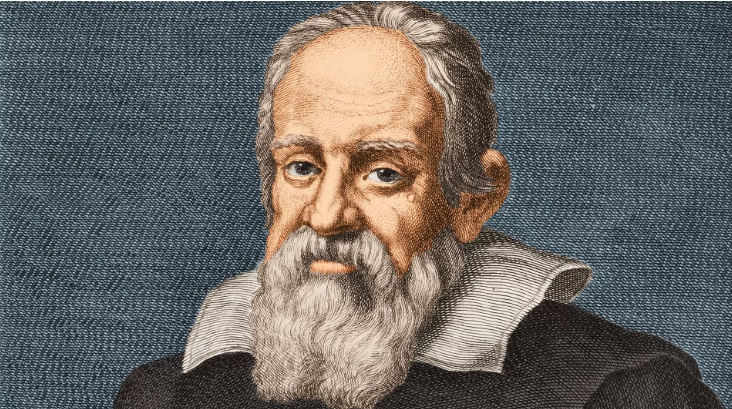
The Story of Galileo Galilei
- account_circle admin
- calendar_month 20/03/2025
- visibility 169
- comment 0 komentar
- label Scientists Speaking
The Story of Galileo Galilei
A long time ago, in the year 1564, a boy named Galileo Galilei was born in Pisa, Italy. He grew up in a large family, and his father was a musician and mathematician. Galileo was a curious child who loved to learn new things. He enjoyed asking questions and solving problems. Little did he know that one day, he would change the way people saw the universe.
Galileo’s Early Years
When Galileo was young, he wanted to become a doctor, so he went to the University of Pisa to study medicine. However, he soon realized that he loved mathematics and science more. He enjoyed studying how things moved and how the world worked. Galileo decided to follow his passion and study physics and astronomy.
One day, he noticed something interesting. As he watched a chandelier swing back and forth in a church, he realized that no matter how far it swung, it always took the same time to complete one swing. This discovery helped him later when he studied motion.
Galileo and the Laws of Motion
At that time, people believed the ideas of an ancient Greek philosopher named Aristotle. Aristotle said that heavier objects fall faster than lighter ones. But Galileo was not sure about this. He decided to test the idea himself.
Legend says that Galileo climbed the Leaning Tower of Pisa and dropped two balls of different weights at the same time. To everyone’s surprise, both balls hit the ground at the same time. This showed that objects fall at the same speed, no matter their weight. His discovery helped develop the science of motion and physics.
Galileo and the Telescope
In 1609, Galileo heard about a new invention called the telescope. It was a simple device that made faraway objects look closer. Galileo did not invent the telescope, but he improved it and made it much stronger. He built his own telescope and pointed it at the night sky. What he saw amazed him!
Through his telescope, Galileo saw mountains and valleys on the Moon. He also discovered that Jupiter had four moons orbiting around it. This was shocking because people believed that everything in space revolved around the Earth. But Galileo’s discovery proved that some objects revolved around other planets, not just Earth.
He also observed that Venus had phases, just like the Moon. This was more proof that planets orbit the Sun, not the Earth. Galileo supported the idea of heliocentrism, the belief that the Sun is at the center of the universe, and the planets, including Earth, orbit around it. This idea was first introduced by a Polish scientist named Nicolaus Copernicus.
Galileo’s Struggles
At that time, most people believed in geocentrism, the idea that Earth was the center of the universe. The Catholic Church also believed this and did not like Galileo’s ideas. When Galileo published his discoveries, many people were angry. The Church warned him to stop spreading these ideas.
But Galileo was a scientist who believed in truth and evidence. He continued his work and, in 1632, wrote a book called Dialogue Concerning the Two Chief World Systems. In this book, he explained why the Sun, not the Earth, was at the center of the universe. This made Church leaders very upset.
In 1633, Galileo was put on trial for his beliefs. The Church found him guilty of heresy, which meant he was accused of going against the Church’s teachings. As punishment, he was forced to take back his words and was placed under house arrest for the rest of his life. Even though he could not leave his home, Galileo continued to study and write about science.
Galileo’s Legacy
Galileo Galilei passed away in 1642, but his ideas lived on. Many years later, scientists proved that he was right. His discoveries laid the foundation for modern astronomy and physics. Today, he is known as the Father of Modern Observational Astronomy because he was the first person to study the sky in such detail using a telescope.
Galileo’s story teaches us that curiosity and courage are important in science. Even when others doubted him, he kept searching for the truth. His work changed the way we understand our world and the universe. Without Galileo, we might not know as much about space and the movement of planets. His legacy reminds us that science is about asking questions, seeking answers, and never being afraid to discover the truth.

